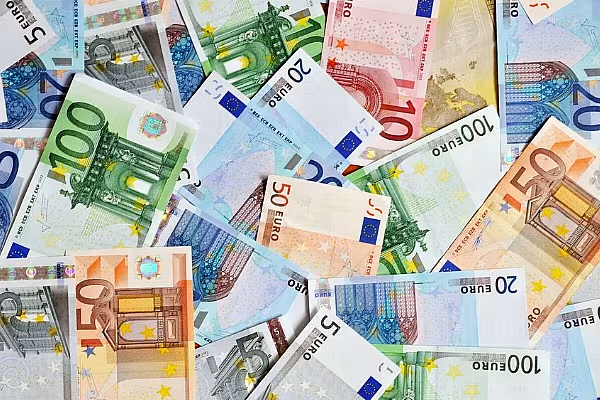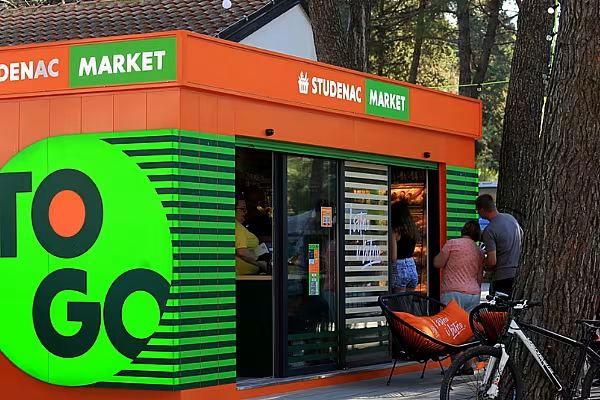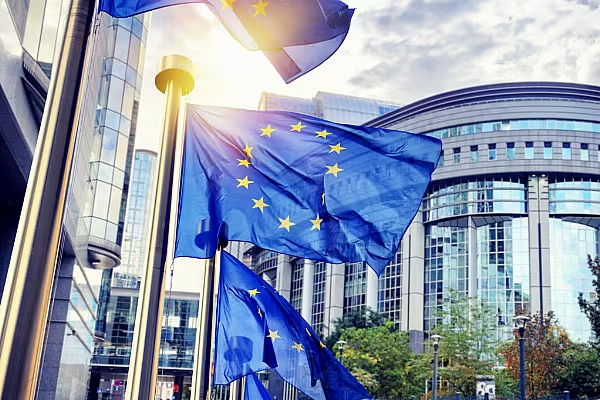Euro-area economic momentum accelerated to the fastest pace this year, adding to evidence that growth is becoming more resilient.
A Purchasing Managers’ Index for manufacturing and services rose to 53.7 in October from 52.6 in September, IHS Markit said on Monday. This is the fastest pace since the beginning of 2016.
The currency bloc’s recovery has continued at a steady if slow pace in the face of headwinds ranging from the U.K.’s vote to leave the European Union, slowing global trade and political uncertainty fueled by an upsurge of populist movements. The European Central Bank is supporting the economy with unprecedented stimulus that will come under review in December, three months before quantitative easing is currently set to expire.
“The euro-zone economy showed renewed signs of life at the start of the fourth quarter, enjoying its strongest expansion so far this year with the promise of more to come,” said Chris Williamson, chief business economist at IHS Markit. “The prospect of a robust fourth quarter will fuel further speculation of a possible tapering of QE purchases by the ECB.”
A gauge for manufacturing rose to 53.3 from 52.6 in September, the highest level in 2 1/2 years, IHS Markit said. The services PMI rose to 53.5 from 52.2.
Germany was the strongest performer among euro-area economies, supported by a pick-up in factory activity, while the pace of growth in France slowed, according to the report.
In a sign that inflation may be starting to stage a comeback in the region, IHS Markit said companies reported higher prices as a consequence of the need to pass on to customers rising costs from commodities and wages.
News by Bloomberg, edited by ESM. To subscribe to ESM: The European Supermarket Magazine, click here.











